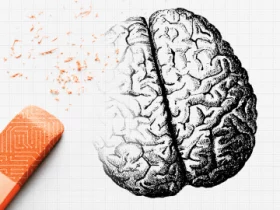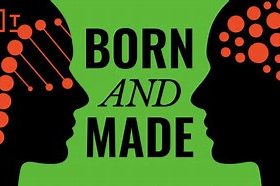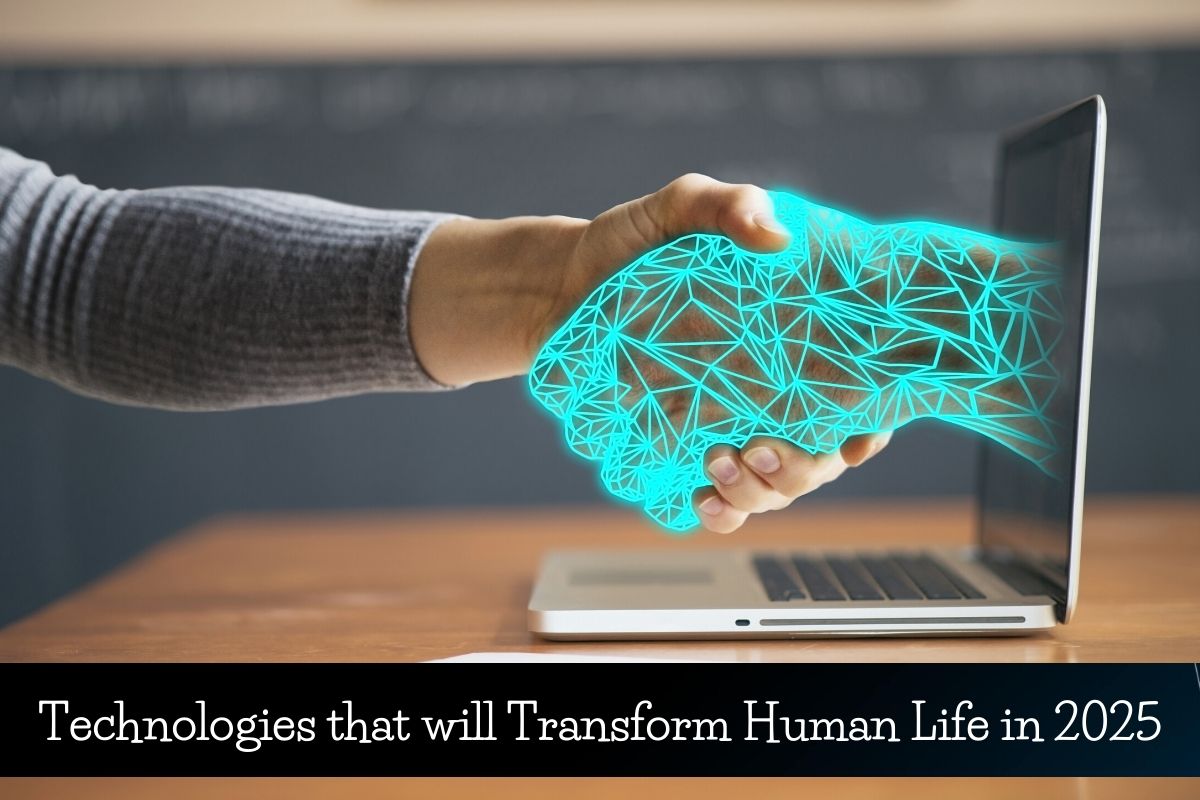The New Industrial Revolution
Advancements in AI, robotics, nanotechnology, 3D printing, genetics, and biotechnology are converging. By 2025, many job skills will change significantly. Leading this revolution requires awareness and a strategic talent plan.
Ten Transformative Technologies by 2025
Insights from McKinsey Global Institute and Pluralsight experts highlight ten key technologies:
- Mobile Internet: Mobile connectivity could reach 4.3 billion more people by 2025.
- Artificial Intelligence: Advances in AI will boost productivity and transform industries.
- Virtual and Augmented Reality: This market could grow from $7 billion to $80 billion by 2025.
- Cloud Technology: Cloud services will continue to expand and dominate IT delivery.
- Internet of Things (IoT): Connected devices could grow from 9 billion to nearly 1 trillion by 2025.
- Advanced Robotics: Improvements in AI and sensors will revolutionize product and service delivery.
- Biometric Technology: Biometric authentication will become more prevalent by 2025.
- 3D Printing: This technology could enable mass customization and reduce supply chain costs.
- Genomics: Advances will enhance agriculture, reduce fossil fuel use, and extend life expectancy.
- Blockchain: Blockchain will streamline and secure contracting and transacting.
Wildcard: Quantum Computing
Quantum computing is moving beyond hype. Small quantum technologies may be available within five years, enhancing revenue and reducing costs.
Preparing for the Future Workforce
These technologies offer benefits but also challenges. The McKinsey report stresses the need for education and retraining. The World Economic Forum notes the shrinking shelf-life of skills. Businesses must prioritize talent development and adopt a proactive approach.
Conclusion
As the fourth industrial revolution nears, businesses must stay aware and develop talent. The time to act is now—embrace the future and prepare for the incredible possibilities ahead.






























Leave a Reply